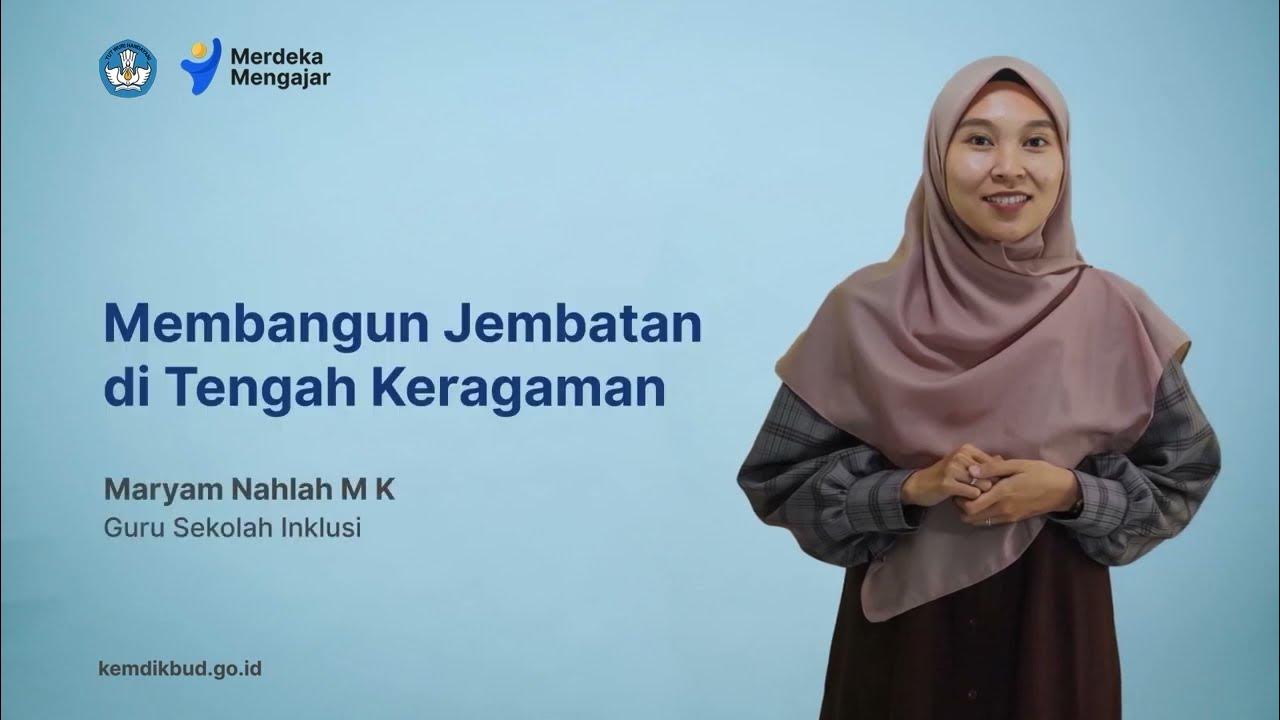6 Things I Did to STOP Wasting My Evenings After Work
Summary
TLDRThis video shares six key strategies to overcome exhaustion and be productive after work. The speaker emphasizes the importance of incorporating transitional activities, aligning work with your natural energy cycles, and following the 'One Rule Other Day' to avoid burnout. They also highlight the significance of proper nutrition, task stacking, and creating a prioritized principal list to stay organized. By implementing small, manageable changes and believing in your ability to succeed, you can optimize your time, reduce fatigue, and work towards your personal goals effectively.
Takeaways
- 😀 Transitioning from work to personal projects is crucial. A physical activity like walking or exercising can help reset your energy levels.
- 😀 Work with your natural energy cycles (chronotype). If you're more focused in the morning, work early; if you're sharper in the evening, work later.
- 😀 The key to avoiding burnout is consistency. Take breaks when needed, but avoid taking two rest days in a row to maintain a productive routine.
- 😀 Nutrition impacts your energy and focus. Eating whole foods and getting the right vitamins and minerals (like B vitamins, Vitamin D, Omega-3s) can reduce fatigue and brain fog.
- 😀 Task stacking allows you to make use of dead time. For example, listen to podcasts while working out or work on scripts during commutes.
- 😀 Create a weekly principal list on Sundays to plan your tasks. This helps prevent procrastination and keeps you organized throughout the week.
- 😀 Start small by finding the minimum effective dose for change. Focus on the easiest changes that will lead to significant improvements.
- 😀 Understand the Pygmalion effect—believe in your ability to succeed. Set small, achievable steps to increase your productivity.
- 😀 You don't have to overhaul everything at once. Make gradual, manageable changes to improve your evening or morning routine.
- 😀 Be mindful of your body and mind's cycles. Pushing yourself too hard without enough rest leads to mental and physical deterioration.
Q & A
Why is it important to have a transitional activity after work?
-A transitional activity helps reset your energy levels by engaging parts of your brain or body that are not exhausted. For example, physical activities like walking or going to the gym help if you're mentally tired, while mental activities like listening to music or drawing can help if you're physically tired. This switch helps recharge different areas of your body or mind, preparing you to be productive after work.
What is the concept of 'working with your chronotype' and how can it improve productivity?
-Working with your chronotype means aligning your work schedule with your natural energy cycles. Some people are naturally more alert in the morning, while others are more productive at night. By understanding your chronotype, you can schedule tasks during the times when you're most focused and energized, increasing productivity and reducing strain from working against your body’s natural rhythm.
How can the 'one rule other day' strategy help avoid burnout?
-The 'one rule other day' strategy encourages you to take up to two days off per week from being productive. The key is not to take two days off in a row, as this can lead to creating a habit of procrastination. By alternating between productive and rest days, you maintain a sustainable pace and avoid the cycle of overworking followed by burnout.
How does nutrition affect your energy and productivity after work?
-Proper nutrition plays a crucial role in maintaining energy and focus. If you’re not getting enough essential nutrients like B vitamins, iron, or Omega-3s, you might experience fatigue, brain fog, and lack of motivation. Improving your diet, such as limiting processed foods, meal prepping, and taking supplements, can help boost your energy levels and allow you to stay productive.
What is task stacking, and how can it help you be more productive?
-Task stacking involves combining activities that require different types of energy, such as physical and mental tasks, to make use of 'dead time.' For example, you could listen to a podcast while working out or cook while catching up on a show. This allows you to accomplish more by multitasking in a way that doesn't strain your focus.
Why is it important to create a principal list for tasks, and how can it improve productivity?
-A principal list helps organize tasks by priority, so you can focus on what truly matters. By creating this list on Sundays, when you're in a clear, motivated state, you can plan your week ahead and avoid procrastination. It ensures you tackle the high-priority tasks first and stay on track with your goals.
How can identifying your 'minimum effective dose' for change help you get started?
-The minimum effective dose for change refers to identifying the smallest, most manageable steps you can take that will lead to the biggest impact. Instead of overhauling your routine all at once, start with one or two small changes, like task stacking or adding transitional activities, which can help you build momentum and gradually improve productivity.
What is the Pygmalion Effect, and how does it relate to productivity?
-The Pygmalion Effect is the idea that your expectations can influence your performance. If you believe in your ability to succeed and set high standards for yourself, you’re more likely to achieve your goals. This principle suggests that fostering a positive mindset and strong self-belief can significantly impact your productivity and long-term success.
Why is it important to be realistic when implementing changes to your productivity habits?
-Being realistic about what changes you can implement helps avoid overwhelm and discouragement. Gradually introducing small, achievable changes, like incorporating transitional activities or adjusting your work schedule to match your chronotype, ensures you can maintain consistency without burning out.
What are the common vitamin deficiencies that affect energy and productivity, and how can they be addressed?
-Common deficiencies that affect productivity include vitamin D, B12, and magnesium. These vitamins are crucial for brain health and overall energy levels. To address these deficiencies, consider getting a blood test to identify any gaps and then adjust your diet or take supplements based on the results.
Outlines

This section is available to paid users only. Please upgrade to access this part.
Upgrade NowMindmap

This section is available to paid users only. Please upgrade to access this part.
Upgrade NowKeywords

This section is available to paid users only. Please upgrade to access this part.
Upgrade NowHighlights

This section is available to paid users only. Please upgrade to access this part.
Upgrade NowTranscripts

This section is available to paid users only. Please upgrade to access this part.
Upgrade NowBrowse More Related Video

Wie ich aufgehört habe meine Abende zu verschwenden (6 Strategien)

Why I Work 7 Days A Week... (Productivity and Burnout)

The Real Reason You Can’t Make Progress

How I Find Time For Everything (As A CEO)

6 Easy Ways to Overcome the 'Intermediate Plateau' | Learning Tips & Tricks

3 Dosa Pendidikan: Intoleransi - Membangun Jembatan di Tengah Keragaman
5.0 / 5 (0 votes)